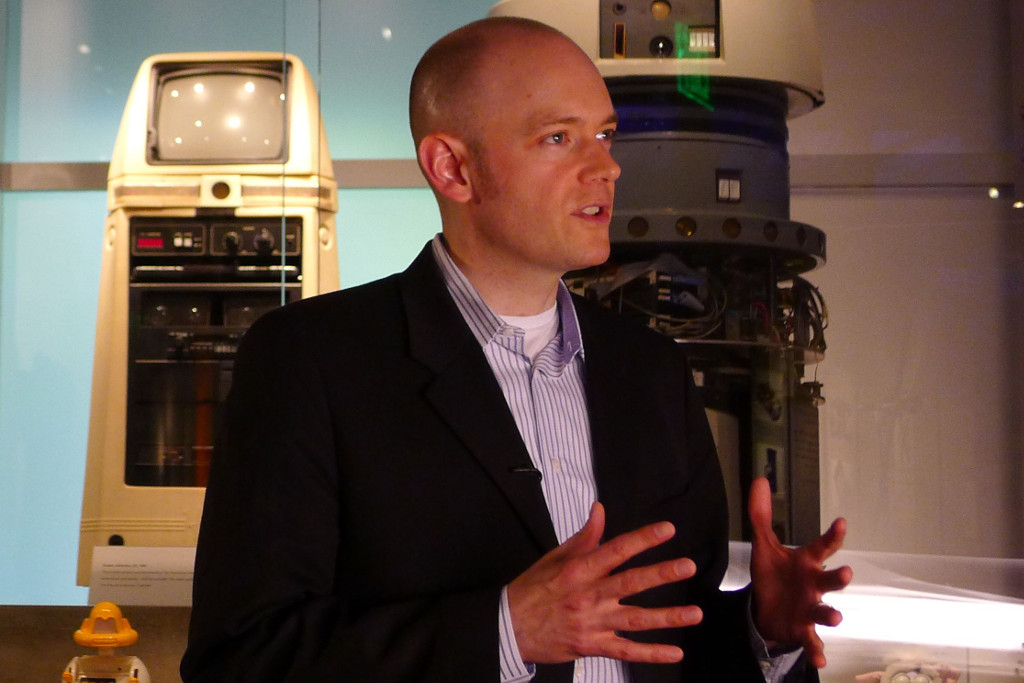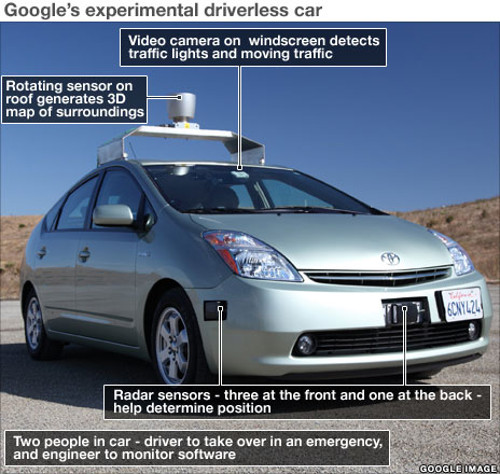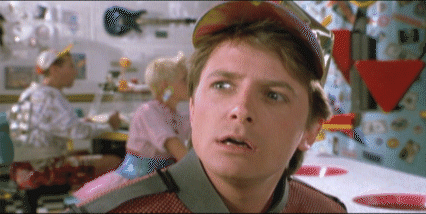What Even Is A Futurist?
Well, this guy: Brian David Johnson.


Inspired by
Meet Brian David Johnson. He’s Mr Everything and Everywhere. Throughout the ’90s, the American was at the forefront of developing interactive televisions in Scandinavia, and these days, he’s a screenwriter, illustrator and published science fiction author.
Oh yeah, and he’s also a Futurist — which means he spends most waking moments trying to work out how rapid rates of computational progress can be used to best serve people in the future.
Uh, He’s A Future What Now?
“I don’t make predictions about the future,” Johnson tells me, instantly quashing my first five questions. “I think about what it will feel like to be human in 5, 10 and 15 years from now.” This process is known as ‘future casting’, and involves using ‘ethnographic field studies, technology research, trend data, and science fiction’ to devise a pragmatic vision of how computation will work.
As chief engineer at Intel, it can take Johnson 5 to 10 years to make a computer chip. “That means that I’m thinking about how people want to interact with technology 10 to 15 years in the future.”
Don’t Bother Asking About Hovercars
When Johnson gets asked about the future, it’s often because people want to know when off-road-and-in-the-sky-cars like this will be turning up.
This question, or a variant of it, was pitched multiple times during a recent Vivid Ideas session hosted by Johnson and anthropologist Genevieve Bell. Johnson noted the slow progress of Google’s Driverless Car, and the legal and regulatory issues that have arisen during development.
What Johnson was able to reveal was a bunch of innovations that his laboratory is currently developing. The most arresting was a smartphone that can get up and walk over to check on its elderly or disabled owner, in case the carer on the other end of the line is concerned for the patient’s safety.
Where Are We Really Going?
“There’s a huge shift coming in how we view computation,” Johnson says. “There is now a maturation of the device market, and screens have become these meaningful platforms that allow people to come together. At the same time, the most important part of what I do still comes from the social scientists.
“As we approach 2020, the size of the chip is getting so small that we can actually turn anything into a computer. We can have them in walls, in cars — but the significant part of computation will continue to be not how do we do something cool, but how do we use all of that intelligence to make people’s lives better.”
Love To Have A Beer With Brian
Johnson’s gig involves analysing vast reams of technological and cultural data. So it seems a little strange when he admits that much of his work takes place at the pub.
“I do a lot of my thinking and writing in airport bars,” Johnson says. “I’m the weird guy, watching sport while sitting in the corner with a beer in front of him, doing work on artificial intelligence. I use my smartphone for everything. I’m sketching on it, while I’m figuring out robotic schematics and writing 2000-4000 word articles.”
In the past, all that technological engagement has irked his fellow wine-and-diners, who, unlike Johnson, aren’t exactly there to think about robots.
“I was in a bar recently, and this guy asked me to stop typing,” Johnson says. “He said I was going so fast that I was freaking him out. When I tried to explain what I was working on and share it with him, he put his palms out towards me and just backed away, shaking his head.”
Sport looms large in Johnson’s world. He admits to being a fan of NBA, NFL and baseball, and proudly professes to impressing some Australian colleagues during a meeting by naming all the positions on a cricket field. His love of such spectacles perfectly explains his approach to his profession.
“Sport is fascinating because there are so many things that show that human beings are awesome, and can’t be replicated. The art and mechanism of what humans are able to do is fascinating,” he says. “When I’m watching sport, I find myself coming back to the same question: Is there a way I could come up with a robot that could do that?”
–
Benjamin Cooper is a Sydney-based writer. He has written for Brag, The Vine, Cyclic Defrost, Beat, Xpress, and Time Out Australia.


